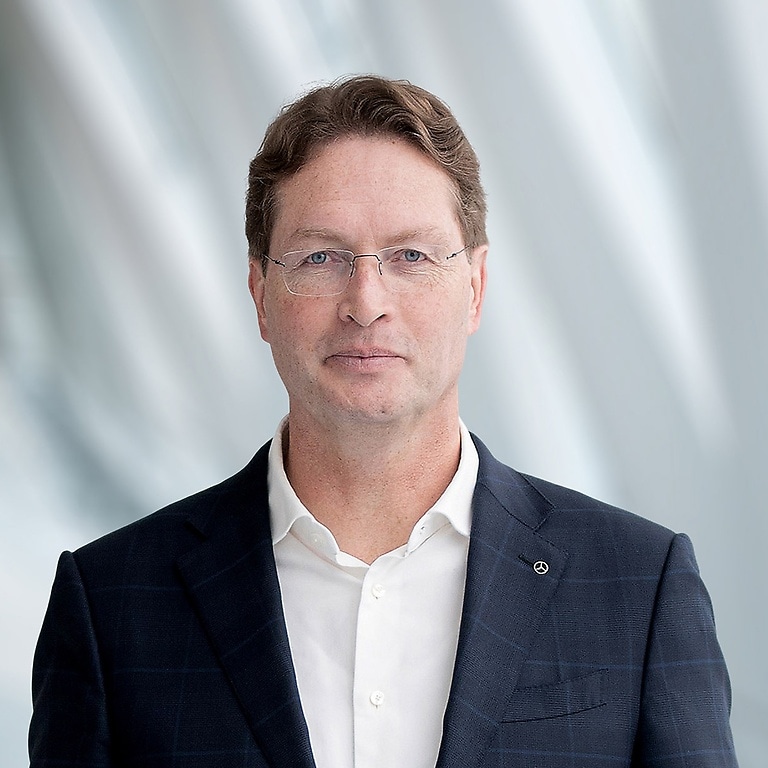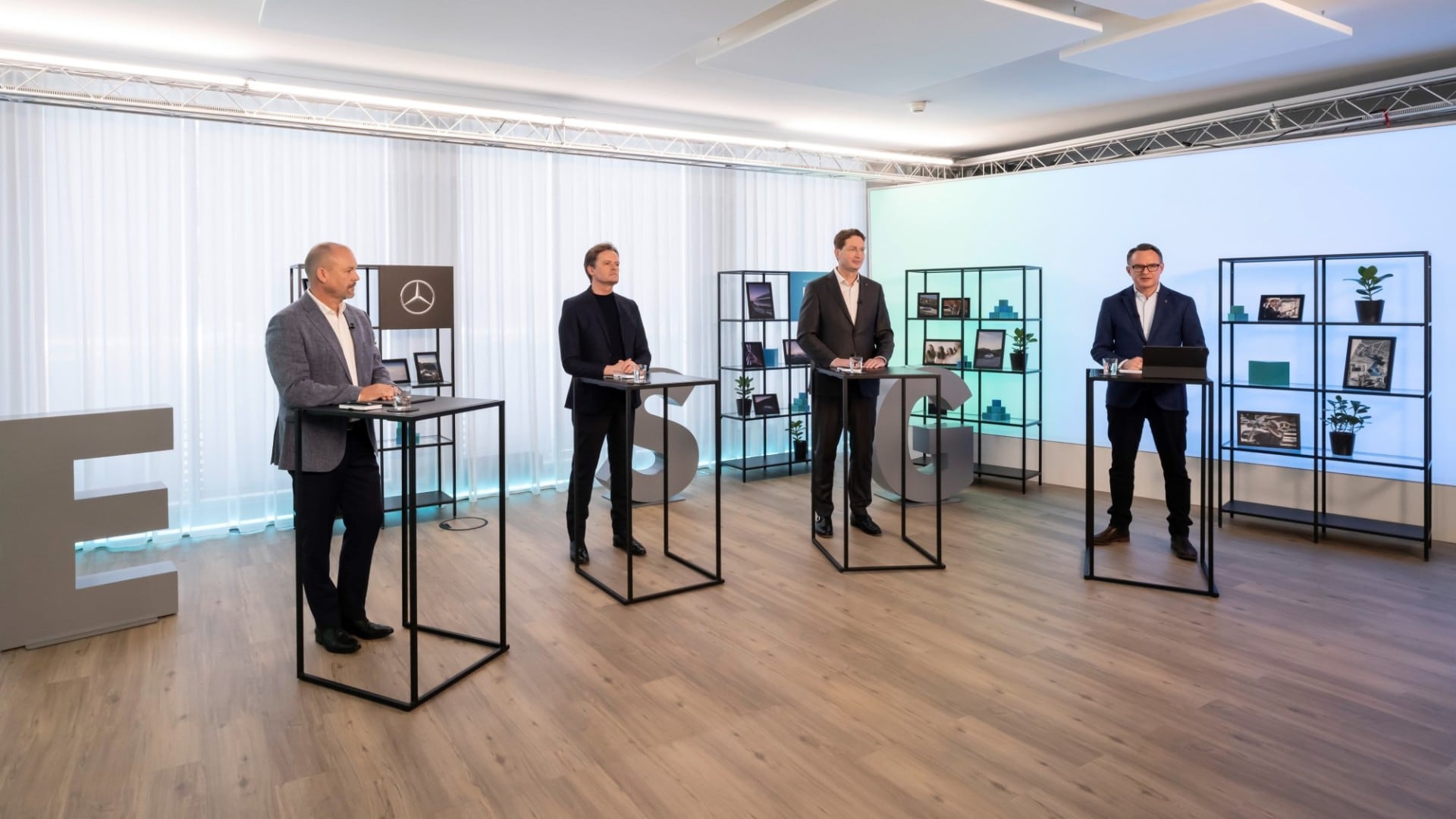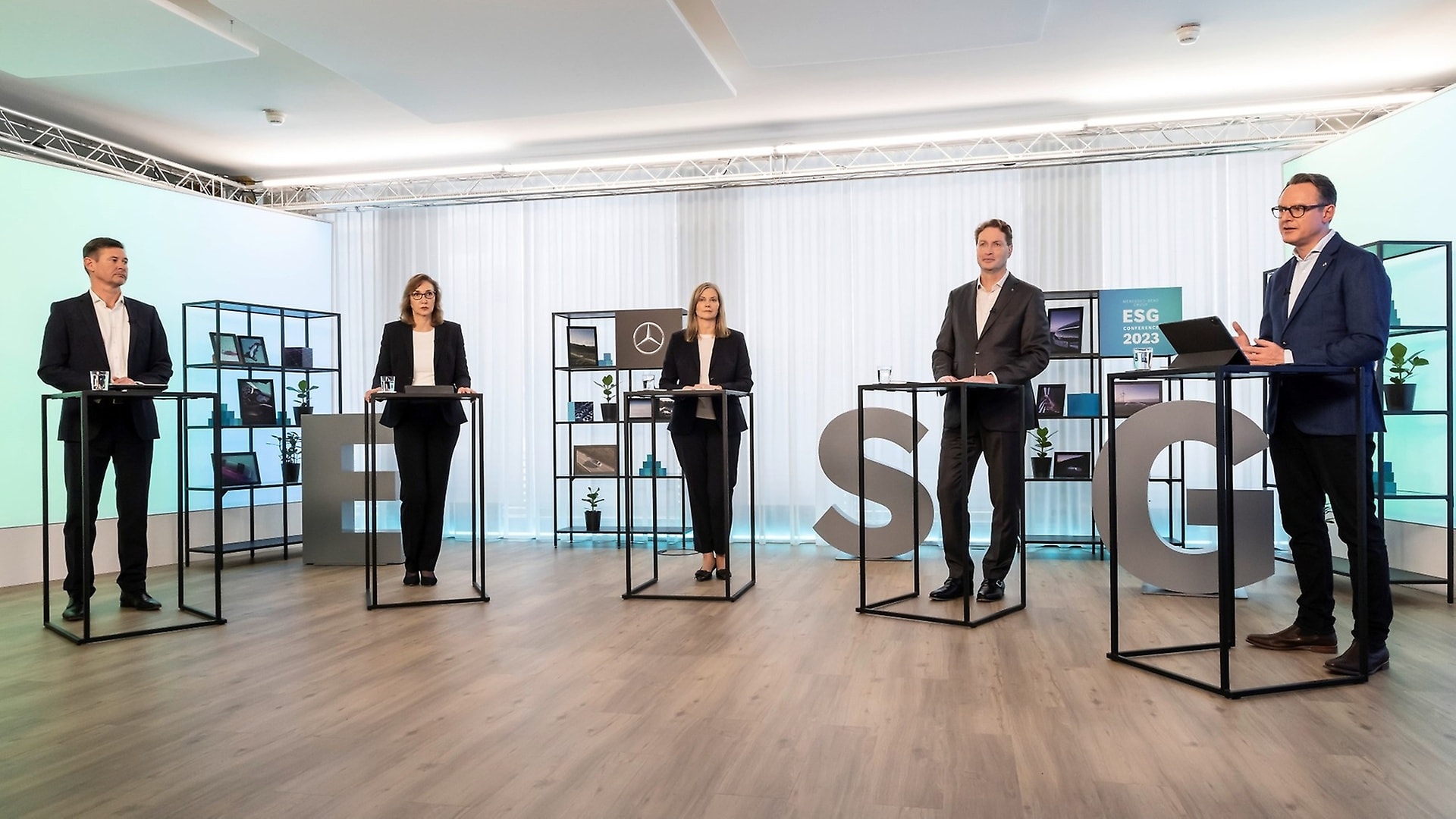Since the beginning of 2022, production sites worldwide fully owned by Mercedes-Benz have been net carbon-neutral. Today 45% of overall energy used in production at Mercedes-Benz plants comes from renewable sources, in large part thanks to 100% green electricity supplies. Mercedes-Benz has already achieved its 2030 target of a 50% CO₂ emissions reduction² – as approved by the Science based target initiative (SbTi) - in 2022¹. The company aims for an 80%¹ cut in CO₂ emissions by 2030 and intends to increase renewable energy to account for 70% of overall energy needs at own production sites, not least through increased on-site generation capacity. Mercedes-Benz is focusing on the expansion of photovoltaic systems at its own sites: Up to 140 megawatt peak (MWp), equivalent to one million square meters of new solar panels will be installed until 2025. Expanding the energy portfolio to include wind power from onshore and offshore wind farms is another focus in the company’s energy strategy. The new solar systems and wind farms will help Mercedes-Benz to secure around 50% of its future total electricity requirements in Germany. In the offshore sector, Mercedes-Benz concluded a Power Purchase Agreement (PPA) with Iberdrola – one of the global market leaders in the renewable energy sector – for the supply of electricity from the Windanker wind farm in the Baltic Sea. This contract alone allows Mercedes-Benz to secure more than 140MW of renewable electricity from 2027 onwards, covering around 30% of the company’s electricity needs in Germany. Regarding onshore, Mercedes-Benz will build a wind farm with a double-digit number of wind turbines at its test site in Papenburg, Germany, by middle of the decade. The ambition for all Mercedes-Benz production plants worldwide is to run 100% on renewable energy with zero CO₂ emissions by 2039. In logistics, the aim is to avoid and reduce CO₂ emissions through process optimization. An important factor is the switch from road to rail, wherever economically possible. Mercedes-Benz is also investigating innovative concepts such as freighters powered by sail. The company has signed a Letter of Intent with Wallenius Wilhelmsen (Global Shipping and Logistic Solutions Company) to transport cars from Europe to the U.S.
,xPosition=0,yPosition=0.5)



,xPosition=1.0,yPosition=0)
,xPosition=0.5,yPosition=0)
,xPosition=0.5,yPosition=0)
,xPosition=1.0,yPosition=0)